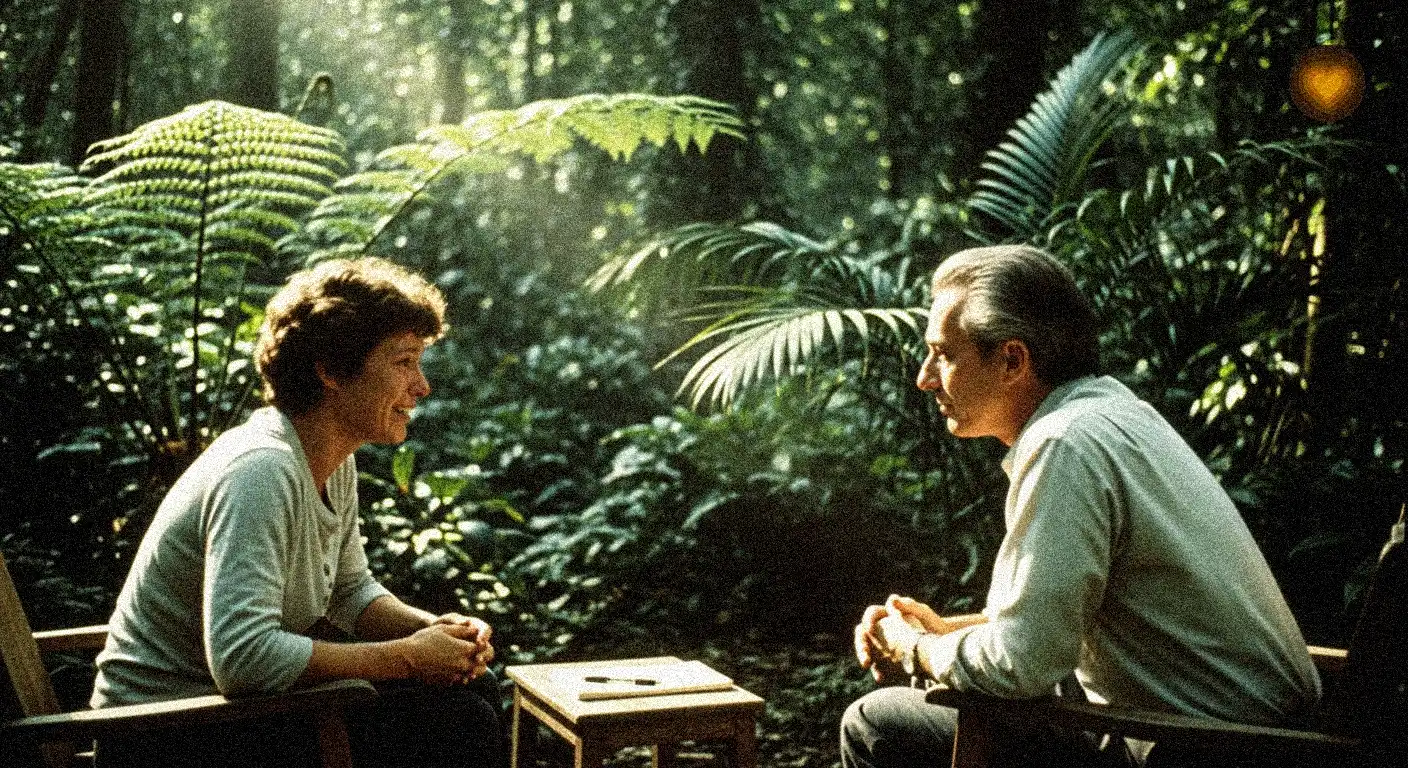Part 1: The Fourth Force - A Psychology That Includes Your Soul
A Psychology of the Whole Person
What if psychology didn't stop at just "normal" functioning? What if it included the highest reaches of our potential—our creativity, our spiritual experiences, our moments of profound connection and awe? Welcome to the world of Transpersonal Psychology.
Often called the "fourth force" in psychology—following behaviorism, psychoanalysis, and humanistic psychology—this field offers a framework for understanding the full spectrum of human consciousness. It's a psychology of the whole person, integrating timeless spiritual wisdom with modern, scientifically-grounded language.
At its heart, Transpersonal Psychology explores the spiritual, transcendent, and transformative parts of our human experience. It looks at those moments that go beyond our everyday personality, what Abraham Maslow called "the farther reaches of human nature." Instead of viewing mystical or non-ordinary states of consciousness as problems, this approach sees them as meaningful and potentially vital parts of our growth.
This can be a challenging idea for mainstream science, which often focuses on what can be measured externally. Transpersonal Psychology suggests we need a broader approach, one that honors our inner, subjective experiences—like those often encountered in deep meditation or during psychedelic retreats—as valid sources of knowledge. It's a brave and holistic way of looking at what it means to be human.

A Brief History of a Deeper Psychology
The ideas behind Transpersonal Psychology have been around for a while. Its roots go back to pioneers like William James, who respectfully studied religious and mystical states in the early 1900s, and Carl Jung, with his groundbreaking work on the collective unconscious and archetypes. They both recognized that our spiritual lives are a crucial part of who we are.
The field officially took shape in the late 1960s, growing out of the humanistic psychology movement. Thinkers like Abraham Maslow realized that even their focus on "self-actualization" was missing something: the spiritual dimension. The cultural energy of the 60s, with its rising interest in Eastern philosophies, meditation, and consciousness exploration (often through psychedelics), created the perfect environment for a new kind of psychology to be born.
In 1967, a small group of visionaries, including Maslow, Stanislav Grof, and James Fadiman, met to create a psychology that would honor the entire range of human experience, including non-ordinary states. It was Grof, whose own clinical research with LSD had provided a detailed map of these inner worlds, who suggested the name "transpersonal psychology."
From there, the field grew quickly. The Journal of Transpersonal Psychology was launched in 1969, the Association for Transpersonal Psychology (ATP) in 1972, and in 1975, the California Institute of Transpersonal Psychology (now Sofia University) was founded, creating a legitimate academic home for these powerful ideas. This movement provided a much-needed framework for the kind of deep, transformative work we are passionate about at Compassion Retreats, validating the importance of integrating spiritual experiences into our understanding of healing and growth.

Sources for this article
- What is Transpersonal Psychology? | Meridian University
- The Science Behind Flourishing: How Psychology And Spirituality Align - UEF Foundation
- Finding The Truth That Sets Us Free: challenges of spiritual work ...
- Life Coaching - Erika Trice
- Transpersonal Orientation: Psychosynthesis in the Counselor's office Introduction - Psychology Today
- The Varieties of Religious Experience by William James
- Humanistic Approach in Psychology (humanism) - Simply Psychology
- A Review of Transpersonal Theory and Its Application to the Practice ...
- Alef Trust - About Us






